Art is the language that allows human beings to represent in a symbolic form the experience of their own time. As Hegel observed, in order to understand a culture it is necessary to appreciate its art. According to Dewey, at the educational level, the aesthetic experience represents the fundamental interaction between individuals and environment because it stimulates creative thinking and therefore activates processes for human evolution.
In the Western post-modern culture, art gives space to a fragmentation of cognitive and existential expressions exploring transcultural contexts through the hybridization of languages. Against the processes of globalization, leading to the assimilation of the concept of a “single model”, art is still the space to contrast mass-media homologation as well as to create new possibilities of communication and understanding among cultures. It is, therefore, paramount to investigate the “nucleus of meaning” that artistic experience produces in different cultural contexts. In this respect, education plays a pivotal role, since the development of new educational and training approaches, opened to dialogue and comprehension, can provide the tools for an investigative method aiming at relational sharing in trans- cultural perspectives. This perspective is essential, today more than ever, to educate individuals to interact with diversity as well as to preserve and promote national tangible and intangible cultural heritages. Furthermore, the post-colonial perspective will be deepened, taking into account the major contemporary theoretical analysis on the relations among the self, “the others”, and the environment.
The project aims to investigate contemporary art in Europe and East Africa, and forms of art education on both continents in transcultural perspective. Contemporary art on the international scene is highly Western oriented, although interest in non-European art has been present in Europe since more than a century ago, and its recognition as an art. The profound research in transcultural perspectives on art and art education will be realized within the TPAAE project by the Consortium containing academic and non-academic institutions from Poland (Academy of Art in Szczecin – AASZ, National Museum in Szczecin – NMS), Italy (University of Macerata – UNIMC), and Kenya (Pwani University – PUC, Kenyatta University – KU, Beneath the Baobabs. Distant Relatives Events Limited – BtB). All the institutions investigate culture and cultural heritage, and have complementary competences, allowing for research and implementation of the effects into practice.

